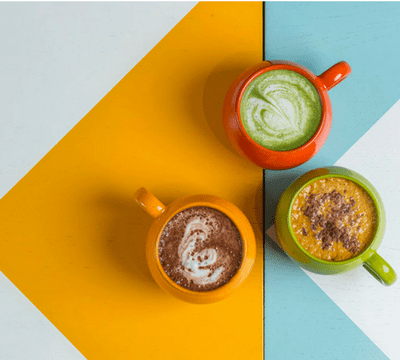With continued discoveries and vocalized fury over the food industry, what exactly can we eat? That’s a question many of us are asking ourselves. Each day presents further findings that confirm we are literally in harm’s way when consuming food and drinks on grocery store shelves. To keep up with the ongoing research is a full-time job and remarkably overwhelming, to say the least.
If you’ve seen a BPA-Free label lodged onto food products or received word of the dangers lurking around BPA, you know that dodging this chemical at all costs is a good idea. Bisphenol A (BPA) is a synthetic chemical used to harden plastics and a key element in polycarbonate plastic, which is a high-performance plastic that provides high-heat resistance, durability, optical clarity, shatter-resistance and dimensional stability. It is used to make everything from children’s toys and dental sealants to plastic water bottles and kitchen appliances. If your diet has ever included foods or drinks that have been in contact with polycarbonate plastic, there is a good chance you have been exposed to BPA and the risks related to it.
What Can BPA Do To The Body?
The dangerous repercussions that arise from BPA exposure include disruption of the endocrine system, which produces neurological and developmental health problems. Studies are linking BPA exposure to breast cancer, prostate cancer, hyperactivity, diabetes, heart disease, hormone abnormalities, asthma, obesity, kidney disease, liver dysfunction, reproductive disorders and male impotence. Not surprisingly, BPA has been proclaimed safe in low doses by industry leaders who financially profit from the chemical. This means, as emphasized in many of our previous articles, we need to take matters into our own hands and make educated decisions about what we (and our families) consume.
How To Avoid BPA
We are now seeing BPA Free plastic products on shelves, which are definitely a safer alternative, but it’s best to avoid plastic (and canned foods) altogether when possible, especially when using it to store food or drinks you will eventually be ingesting. Instead, replace your plastic containers with glass, bamboo, ceramic and stainless steel products. Also, eat fresh food made in your kitchen, such as hearty salads and nutrient-rich beverages, that has not been exposed to polycarbonate plastic.
We’ve included some resources below that will be of help should you be ready to remove plastic from your kitchen and stock up on safe storage containers.








